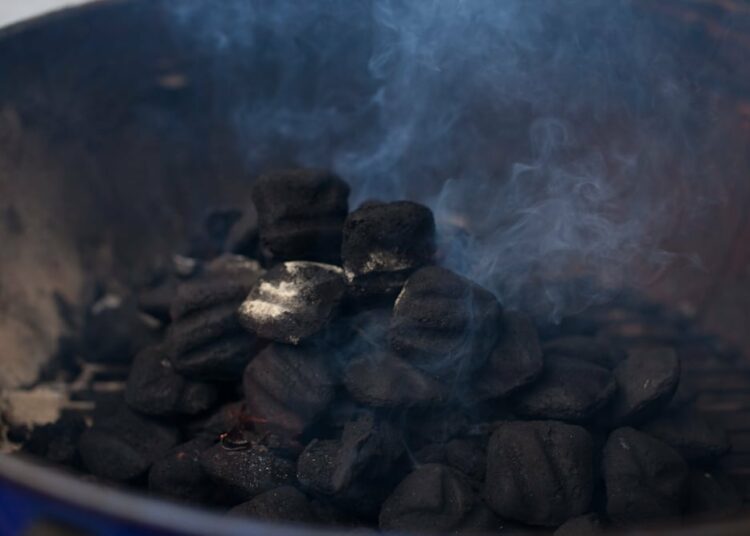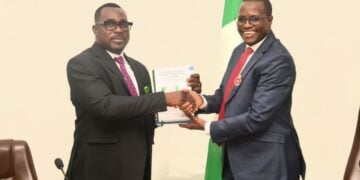Dean School of Environmental Technology, Ramat Polytechnic Maiduguri, Dr Gabriel Akeh , has raised concerns over the death of 95,000 women and children annually due to frequent inhaling of smoke from charcoal during cooking.
Akeh, who added that smoke is the third largest killer after malaria and HIV/AID worldwide, said the World Health Organization (WHO) recent statistics revealed that globally indoor air pollution accounts for the death of 3.2 million people.
He said this yesterday at a- one- day workshop organised in Maiduguri by the Borno State Climate Change Coalition ( BoSCCC ) in collaboration with the Borno State Ministry of Environment for Development of Advocacy and Communication Strategy for the Borno State Climate Change Coalition.
“Environmental hazard is the third largest killer in Nigeria. Increasing use of dirty fuel such as charcoal which has low combustion and emits a lot of indoor air pollution is very inimical to the health of children and women. Globally by the statistics of WHO, indoor air pollution accounts for the death of 3.2 million people.
“That is why if we bring in climate change action, we must also think of a sustainable energy solution . Sustainable energy solution that will enable the local people particularly, those at the grassroots to embrace the use of modern fuel such as improved stoves with less emission in their cooking. And that energy solution must be affordable otherwise, if the people cannot afford the solution, they will continue cutting down trees and worsening the impact of climate change to the environment.
“We are also advocating for smart agriculture that will see planting of early maturing crops,” Dr Akeh said.
Speaking on the Draft Strategy Document for Advocacy and Communication Campaigns for Borno State Climate Action Plan (BoSCAP) deliberated during the workshop, the Advocacy and Communication Officer for Borno Climate Change Programme ( BoSCCP ) , Unico Kalu , said the programme is about building the capacity of Borno State government to respond to climate change impacts and effects in the state.
Kalu said the programme has about three components which comprise plan development, where they help the state to develop a climate change action plan.
“And there is what we call community resilience group where farmers will be equipped and trained on how to mainstream climate change agriculture, and develop agricultural tool boxes by introducing farming that are climate resilience, ” he said.
In his remarks, the general manager, Borno State Environmental Protection Agency ( BOSEPA ) , Mr Abubakar Suleiman said the state in a bid to cushion the impact and effects of climate change has embarked on massive tree planting campaigns.





